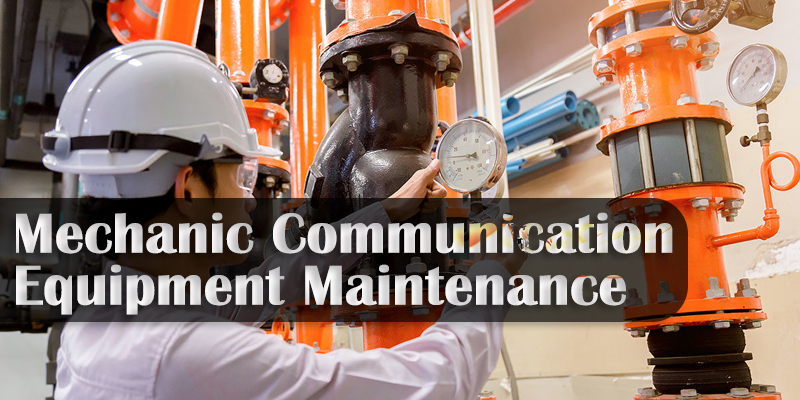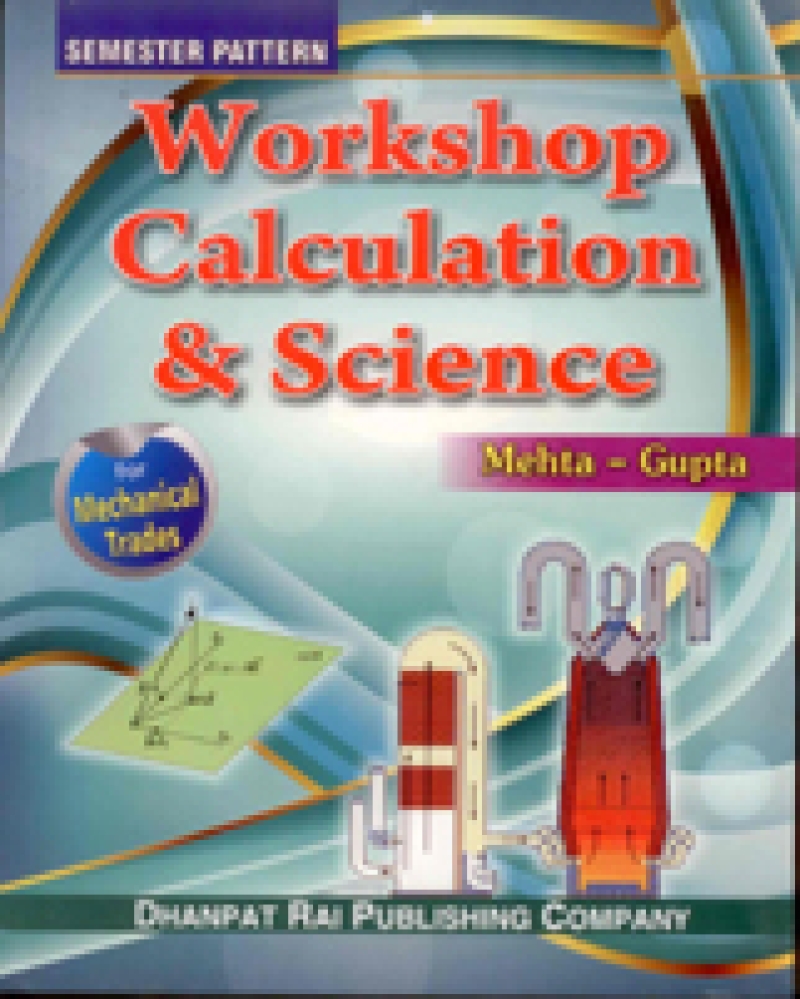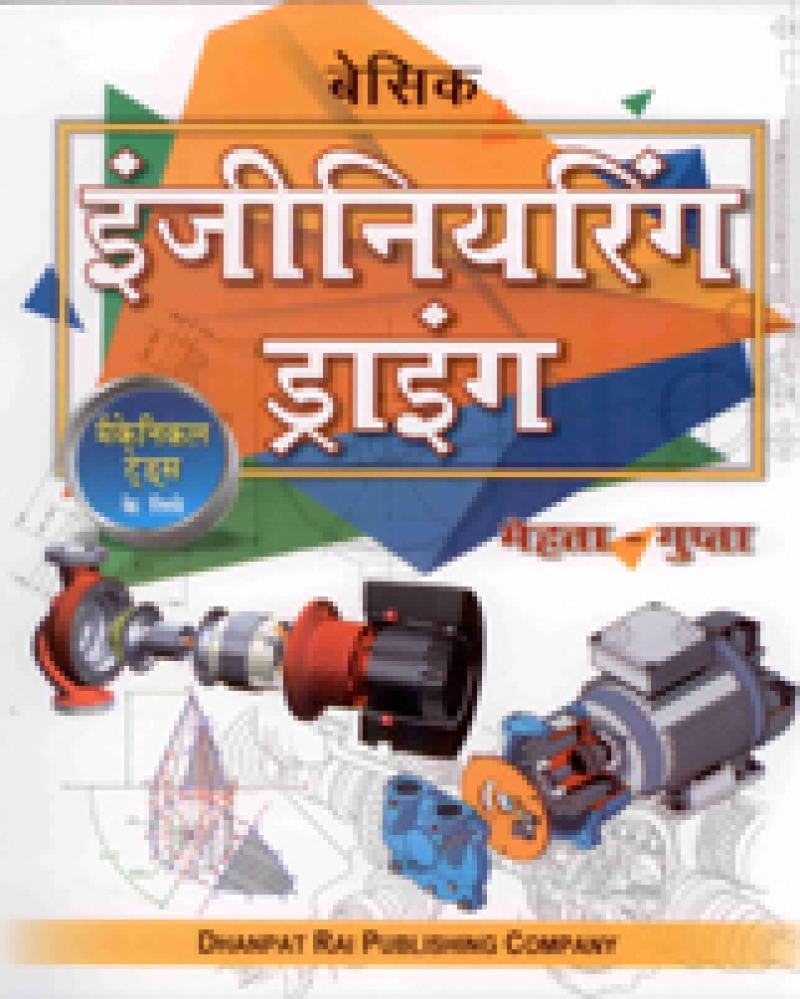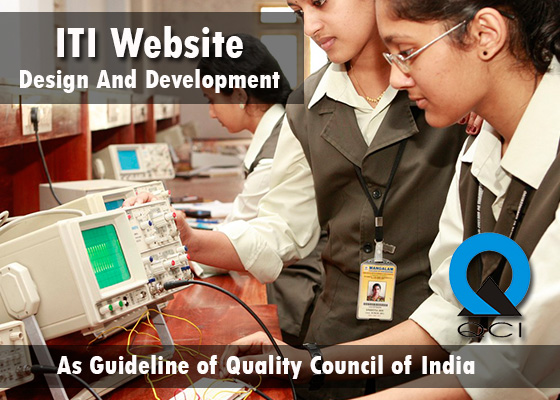Bhushan Private Industrial Training Institute
Submitted by iti on 3 April 2024 - 3:49pmBhushan Private Industrial Training Institute is situated in Jaipur Rajasthan. Bhushan Private Industrial Training Institute is Industrial Training Institute under NCVT Bhushan Private Industrial Training Institute. Location of Bhushan Private Industrial Training Institute is Bhushan Private Industrial Training Institute Private Rural 15-16-17 Krishana Colony Sirsi Mod Jaipur Rajasthan.







